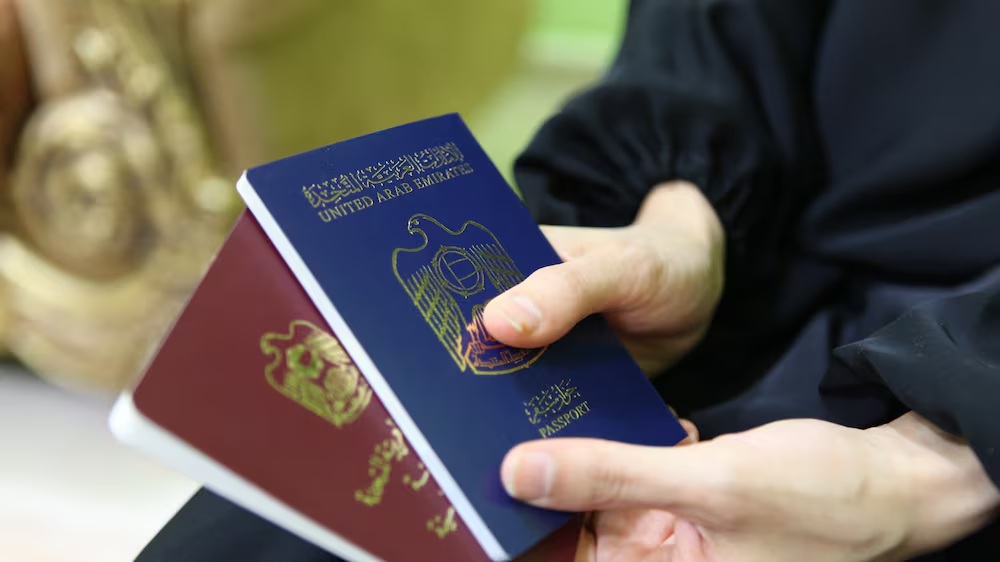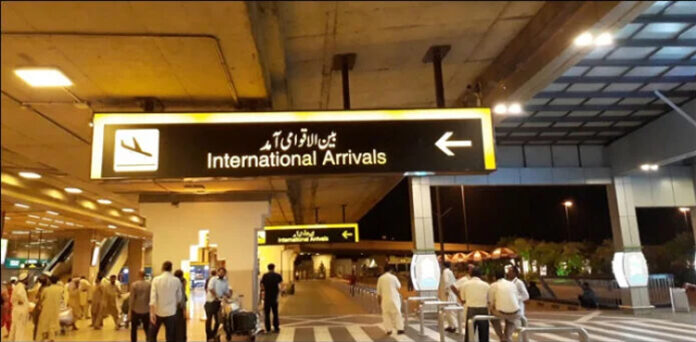
F.P. Report
MONTREAL: Pakistan is among those countries which, the International Airport Transport Association (IATA) has warned, are facing a threat to airline connectivity because of the blocked funds.
In a statement issued on Sunday, the IATA said the industry’s blocked funds had increased 47 per cent to $2.27 billion in April 2023 from $1.55bn in April 2022.
The statement read, “Airlines cannot continue to offer services in markets where they are unable to repatriate the revenues arising from their commercial activities in those markets.”
IATA Director General Willie Walsh said, “Governments need to work with industry to resolve this situation so airlines can continue to provide the connectivity that is vital to driving economic activity and job creation,”
According to the figures released by IATA, the top five countries account for 68.0pc of blocked funds. The country-wise details are: Nigeria ($812.2 million), Bangladesh ($214.1m), Algeria ($196.3m), Pakistan ($188.2m) and Lebanon ($141.2m).
The representative body of the airlines asked the governments to abide by international agreements and treaty obligations to enable them repatriate these funds arising from the sale of tickets, cargo space and other activities.
Earlier in March, the IATA had warned Pakistan that foreign airlines could stop operations in the economically struggling country because of the sustained blockage of cash payments.
As of January, Pakistan owed foreign airlines some $290m, which was the second-highest total after Nigeria at that time.
Philip Goh, IATA’s Asia-Pacific regional vice president, had said, “If conditions persist that make the economics of operation to a country unsustainable, one would expect airlines to put their valued aircraft assets to better use elsewhere.”
Goh’s statement had come after Virgin Atlantic Airways suspended flights to Pakistan. He described Pakistan, a country of about 220 million, as a “very challenging environment” for airlines.
An IATA study five years ago had concluded that Pakistan could increase air travelers to 35 million a year by 2038, up from the current 11 million, contributing $9.3 billion to the country’s GDP and supporting almost 800,000 jobs. But critics say successive governments have long neglected the country’s aviation industry.
Pakistan is suffering from an escalating financial crisis, with perilously low levels of foreign reserves leading to shortages and rising prices of essential goods.
Air carriers, which sell tickets in local currency but need to repatriate dollars to pay for expenses such as fuel, have been hit particularly hard.








